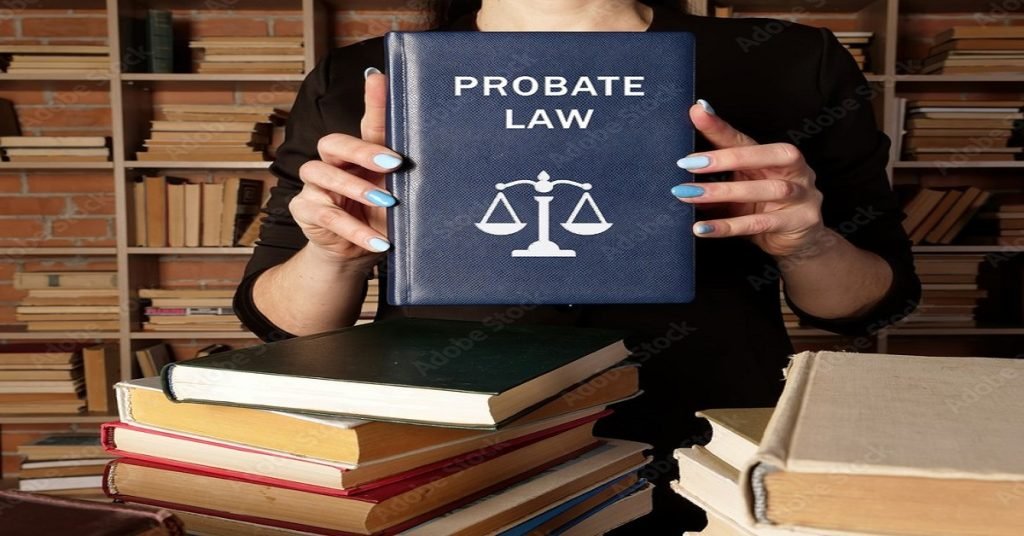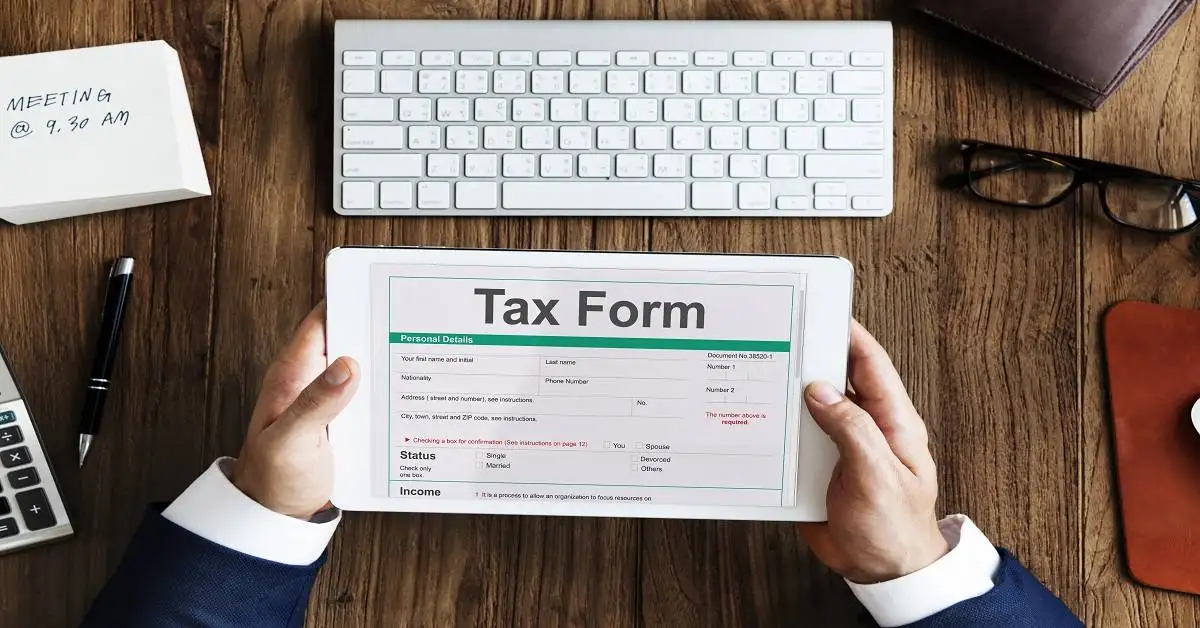
Probate in the UK pertains to the legal process of administering the estate of a deceased person. The estate encompasses all assets, property, and possessions owned by the individual at the time of their passing.
Probate entails validating the deceased person’s will (if one exists) and carrying out the instructions outlined in the will. If there is no will, the process remains essential, and the laws of intestacy govern the distribution of the estate.
In the UK, probate is typically needed when someone passes away, and their estate, including assets and property, requires distribution. It involves administering the estate, settling debts, and allocating assets according to the will or rules of intestacy if there’s no will.
Probate may be necessary in scenarios like sole ownership of property, substantial savings, stocks, business ownership, or the existence of a valid will.
Note that probate isn’t mandatory for all estates; smaller estates or those with joint assets may be exempt. Legal frameworks change, so seeking professional guidance is crucial to determine when probate is required.
If you’re handling a deceased individual’s estate, consult with a solicitor or probate service to determine the necessity of probate. Legal counsel can efficiently navigate the process given the variations in rules and requirements.

Several factors, such as the legislation in the jurisdiction where the deceased resided, the nature and value of their assets, and the presence of valid legal documents, influence whether probate is necessary. When is probate required depends on these factors, as it involves settling the estate of a deceased individual and distributing assets to heirs and beneficiaries.
Small Estates: In certain jurisdictions, estates falling below a specified monetary threshold might be exempt from probate or subject to a streamlined probate procedure.
Joint Ownership: Assets held jointly or with a right of survivorship may directly transfer to the surviving joint owner, bypassing probate.
Beneficiary Designations: Assets like life insurance policies, retirement accounts, and bank accounts with payable-on-death (POD) or transfer-on-death (TOD) designations typically circumvent probate, going directly to the named beneficiaries.
Living Trusts: If the deceased individual had a revocable living trust, assets within the trust typically evade probate. The successor trustee can distribute assets as per the trust’s terms.
If the deceased didn’t own real estate and mainly had personal property, probate might be unnecessary or simplified. Understanding the specific probate laws in the deceased’s jurisdiction is crucial. Consult a solicitor to determine if probate is needed, especially with a will involved. The process involves validating the will, appointing an executor, assessing assets, settling debts and taxes, and distributing remaining assets to beneficiaries. Note that legal frameworks change, so professional guidance is essential for compliance and navigating probate intricacies.
In the UK, probate depends on factors like the nature and value of the deceased’s assets. It’s the legal process overseeing the estate, settling debts, and allocating assets according to their will.
In those instances, probate may not be obligatory if the estate is modest or if the assets pass automatically to the surviving joint owner because they were jointly owned. Nevertheless, in more intricate cases involving a larger estate, probate is likely a requisite step.
The existence of a will does not automatically obviate the requirement for probate. In reality, the presence of a will frequently signifies that probate is essential to authenticate the will and execute the instructions contained within it. The appointed executor in the will bears the responsibility of applying for probate and overseeing the distribution of assets.
If you’re unsure about probate, consult a solicitor or probate expert. They guide you based on your situation, and keep in mind that legalities can change, so stay updated with a legal professional.
In the UK, probate is crucial for several reasons:
Legal Recognition: It validates the will, confirming its legality.
Executor’s Authority: Grants legal authority to manage and distribute the estate.
Asset Distribution: Ensures orderly distribution to beneficiaries.
Debt Settlement: Creditors and beneficiaries settle outstanding debts and taxes.
Property Transfer: Facilitates ownership transfer for assets.
Legal Closure: Concludes legal affairs, resolving disputes.
Tax Compliance: Assesses estate value and addresses inheritance taxes.
Financial Transactions: Serves as official documentation for accessing accounts and benefits.
Overall, probate is essential for the systematic and lawful resolution of an individual’s estate after their demise, ensuring the fulfilment of their wishes and protecting the interests of all parties involved.
Understanding when is probate required is crucial in estate planning. It’s evident from our discussion that probate is essential, especially without a valid will or with specific asset types. While the process may seem daunting, being informed helps simplify it. Stay informed, seek advice when needed, and ensure a smoother asset transfer for your family during challenging times.






Orange Legal is a trusted legal service provider, committed to your legal needs. Experienced, compassionate, and dedicated legal professionals here to serve you.
© 2024 Orange Legal | All Right Reserved. Website Design by Web Head Way